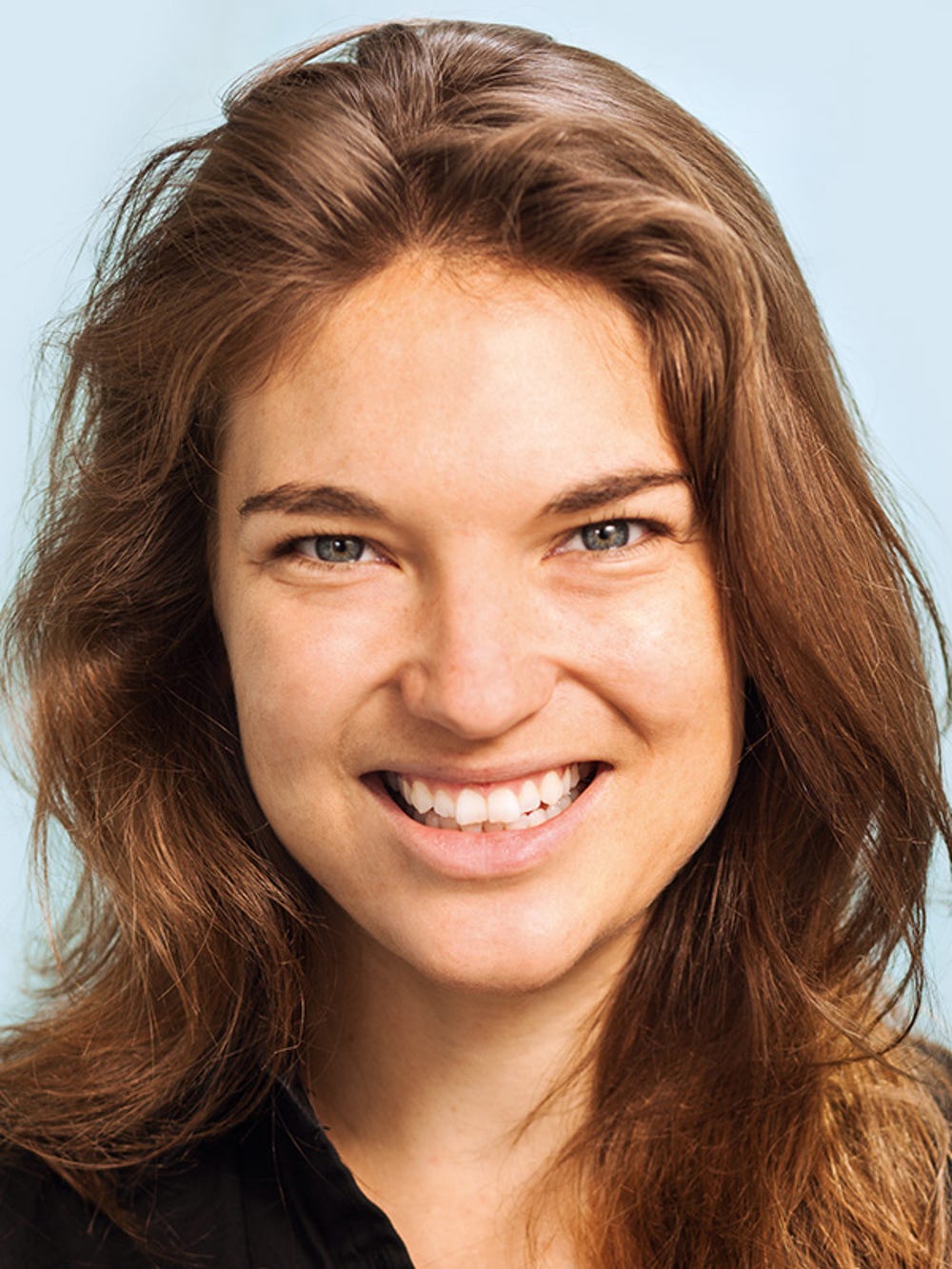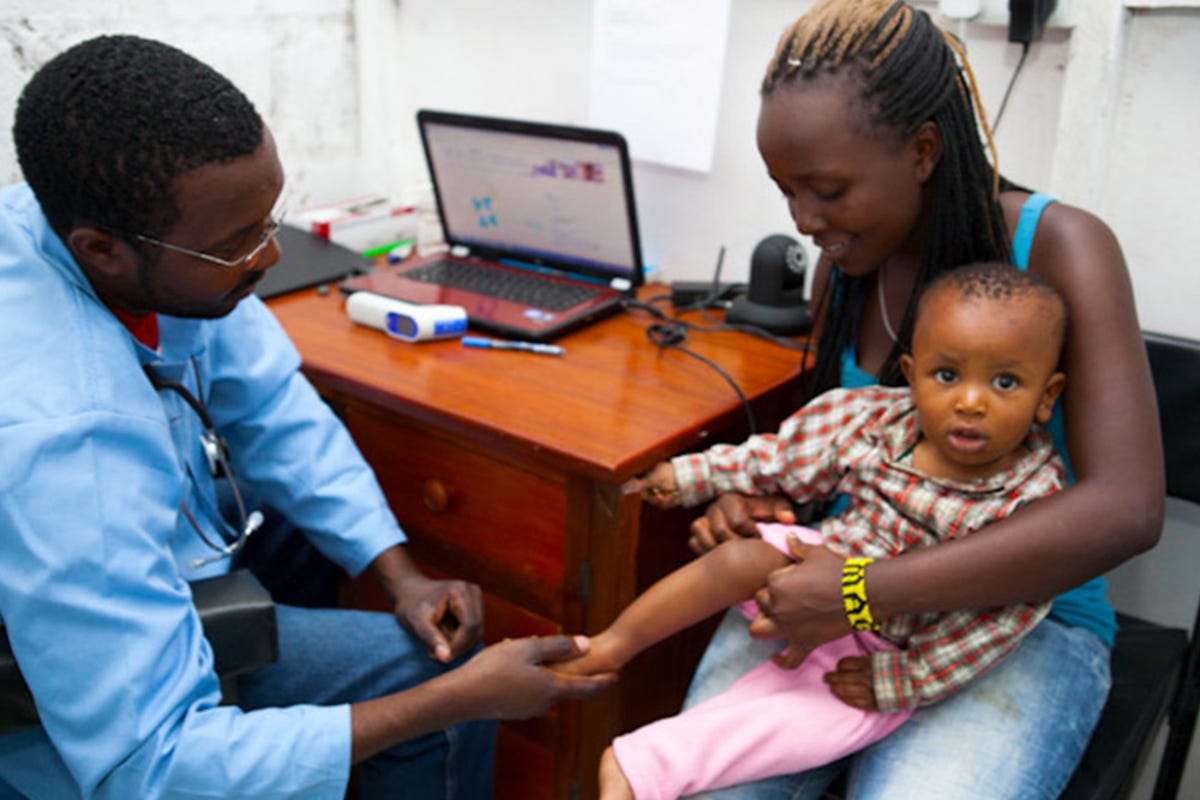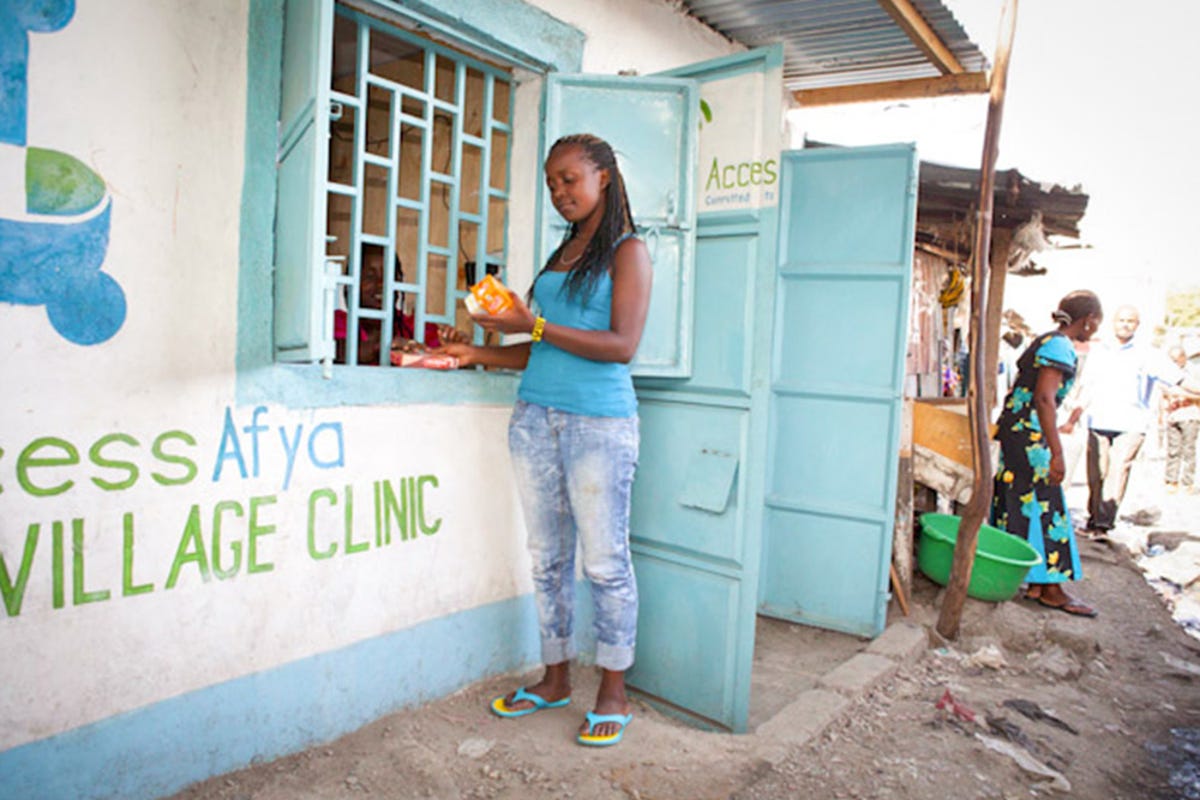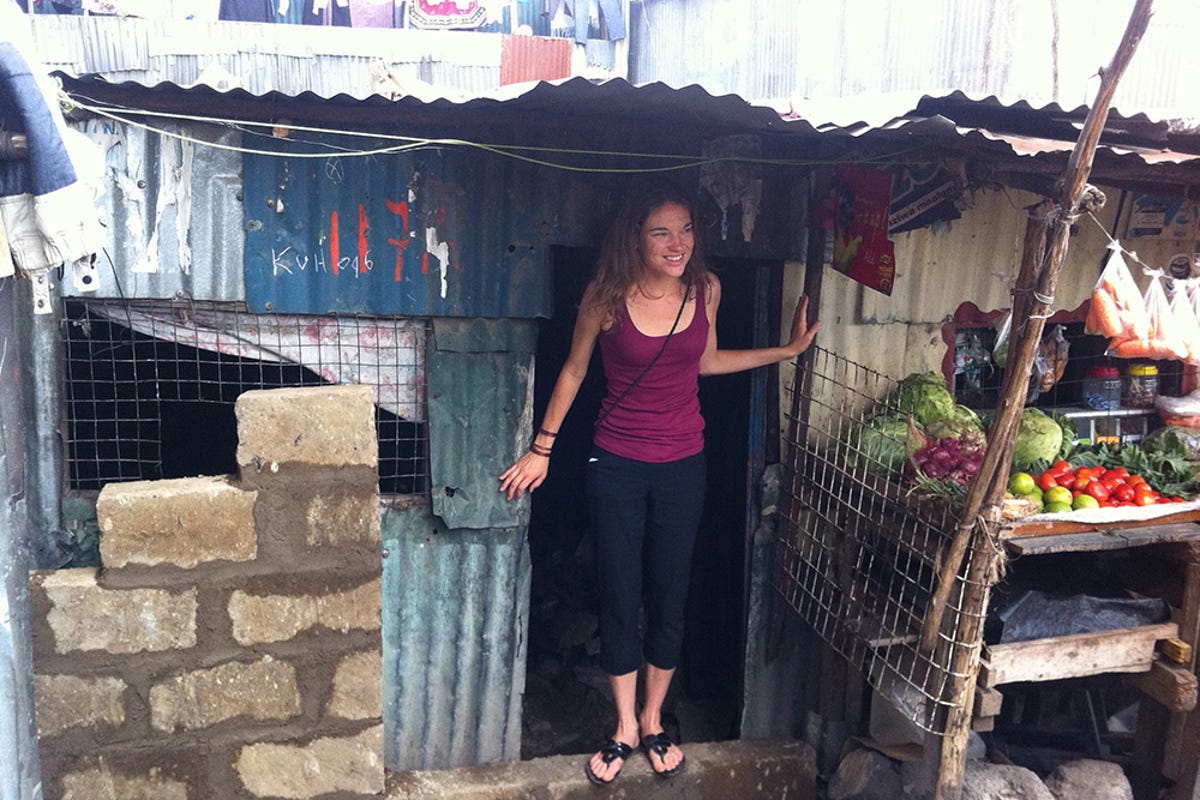Fellow Portrait
Melissa Menke
Access Afya

Offers affordable access to professional healthcare clinics for people living in slums.
Anglophone and Lusophone Africa
KENYA
Fellow
2013
Updated March 2013
For Melissa Menke, 27, healthcare should be convenient. It should also have a reliable supply chain. But the Pharmacy and Poisons Board estimates an average 30% of drugs in Kenya are counterfeit. ‘The bottom 50% of the population have no access to registered healthcare centres. Hospitals are far away and have long queues, so the communities we’ve surveyed tend to self-diagnose, then buy unsafe products from informal chemists,’ says Melissa, whose company, Access Afya – afya means ‘health’ in Swahili – has developed a low-cost, high-tech model of clinics to deliver basic quality healthcare to slum populations.
The first mini-clinic opened in December 2012 and has already registered 500 patients. Designed to be compact enough to fit into the confinements of the slums, the clinics do without expensive equipment, preferring cost-effective methods such as rapid diagnostic tests. ‘A lot of people come in thinking they have malaria,’ says Melissa, ‘there is real social value in proving that they don’t.’ Payment for clinical services – which mostly cover pre-natal care, family planning, anti-parasite treatment and basic infections and diagnostics – can be made at point of sale or packaged in monthly memberships, such as a ‘Total Child Wellness’ offer in partnership with a local school.

Fast track to health
‘There has got to be a way to think more systematically about social change,’ says Melissa, who has volunteered around the world on social missions. ‘I like to compare our model to a fast food model, creating a chain of mini clinics with consistent qualities throughout Nairobi and then beyond.’ The company employs four people and has fostered partnerships with community health workers, a body of volunteers who serve as advocates for their clinic and are rewarded for referrals with free consultations or training.
‘The cornerstone of our system is IQCare, an open-source electronic patient management system that is free to customise.’ It provides paperless patient records and data collection, more often found in upscale private healthcare institutions. Patients are reminded of treatment, appointments and follow-up via SMS, a popular tool in Kenya, where mobile penetration is at 77%. ‘Volume is the only way a basic healthcare model can work,’ Melissa notes. ‘And technology is the backbone you need to manage an institution at scale.’
There has got to be a way to think more systematically about social change

The idea for Access Afya first developed when Melissa was leading the Microfinance Initiative at NYU. ‘People generally defaulted due to a health incident, often a simple problem that became serious after being ignored.’ She decided the solution was to provide more primary and preventive care. ‘Within a few months I had a business model, a financial model and a pilot proposal for Kenya,’ a country she had discovered as an NGO volunteer in 2007.
It sounds smooth, but the road has had its rocky moments. First their builder had to contend with a group of men with machetes threatening to shut down their site. Then an informal chemist opened right next door. Melissa sees it as an excellent way to prove Access Afya’s difference in Kenya. ‘A chemist sells medicine, we sell health care.’


